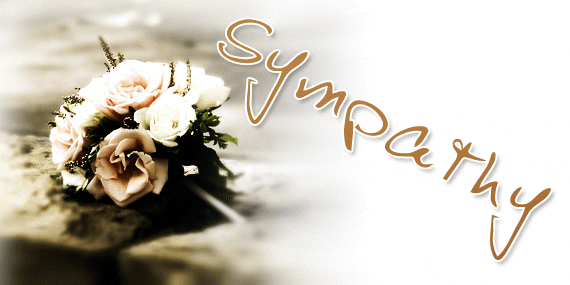When someone close to your family dies, handling the aftermath can be an incredibly tiresome burden if you're not prepared. Having to handle the preparations, legalities and coping of a sudden death in your family can bear down hard on people who simply aren't prepared. Though, those same burdens can relieved as long as you're prepared enough to handle it.
What To Do When Someone Dies
Handling a sudden death in your family or social circle can be difficult. But, you can make preparations and take actions to make the coping and management process much easier. People that do help their loved one prepare for their deaths end up experiencing a relatively 'painless' transition into the aftermath of their loved ones' death. Since many of the legalities and preparations (end of life arrangements) required to make that transition easier already have happened, they only really have to worry about actively preparing the funeral and other arrangements. Compare that to when you don't adequately prepare for your loved one's death. Sometimes, the immediate aftermath following their death can cause more complication than their situation before their death—all because they didn't make the right preparations and arrangements. If you want to know what to do when someone dies, the preparations and arrangements you need to make should occur immediately after the death. Though, some of those preparations should be handled as soon as possible—even before their death.
Preparing For When Someone Dies
Although many people don't like to talk about it, it's important to discuss end of life arrangements with your loved one and the rest of your family. While it's a rather controversial subject to talk about, it's one subject that will make things less complicated 'when the time comes.' All families should have some type of 'end-of-life plan' to help cope and deal with arrangements associated with the death of their matriarch (mother or older female guardian) and patriarch (father or older male guardian). Having those arrangements in place will make everything less complicated and stressful when that happens. Though, it doesn't hurt to have some type of vague end-of-life plan for the rest of the family. While it makes people uncomfortable in some respects, it's still good to know what everyone else should do if something happens to you or your family members.
What To Do When Someone Dies – A Brief List
When someone dies, there are many things you need to take care of following the initial shock. Although it's a difficult thing to handle, many people often overcome the initial shock and take the necessary steps to move themselves and their families into their next stage of life.
Know Their Wishes
Before we talk about things you should do when someone dies, let's take a look at one thing you should take care of before that happens. That mainly involves asking them of their wishes for a proper end-of-life arrangement. Probably one of the most important things you should ask of your loved one, especially if they're older, is if they're comfortable with writing a will or document stating where and when their owned assets should be distributed upon their death. Usually, having them write a will can help prevent issues with that particular distribution after their death. If it's possible, it's also important to ask them of their wishes for their funeral arrangements, burial or cremation and if they're willing to donate their organs. They should essentially complete what's known as an advance directive, where they should specify their wanted and unwanted procedures to take following their death. Also, they should have copies or the originals of their important documents (birth, marriage and or divorce certificates, social security documents/card, financial documents, important keys, their will, etc) either in the possession of other family members or at least tell them about where to find those particular important documents. That helps make finding and using those documents upon their death much easier.
Make Phone Calls
When someone dies, you eventually have to start making phone calls of your own. That usually involves taking care of calling other family, friends and eventually the clergy. If they do pass away in a hospital or under hospice care, the staff usually handles contacting sources like a funeral home and may arrange an autopsy, if necessary. If you're handling the delivery of the news, you can always limit your calls to just two people or so, and allow them to inform others of the saddening news—especially if you haven't yet had time to cope. If you're dealing with a death at home or at work, you'll have to make a 000 or 911 call. This is because any death that doesn't occur with any medical personnel in attendance needs a full police investigation. Once the coroner examines the body, they will have the body transported to a morgue for autopsy and/or to a funeral home of your choice. If your loved one was under medical care, you do have to inform their doctor; you can check their related medical documents for more information about their doctor. If they were under the care of a hospice program, you should call the hospice organization first.
Making Funeral Arrangements
Making funeral arrangements is the most important part of handing after death arrangements. No matter how your loved one passed away, one of your first phone calls should be made directly to a funeral director, if you're tasked to handle that particular call. Funeral directors can help you arrange transport for your loved one's body and grant you a death certificate for them. They also allow you to select an urn, casket and/or grave marker. Though, one of the most important aspects that they help with is preparing the actual funeral, the memorial and/or the burial service. Some funeral directors are known for assisting with many other aspects of after death care, such as helping with some legalities (as in, notifying the deceased’s work and business contacts), choosing floral tributes and providing much needed grief support and references for other important after death care resources. If you haven't located a funeral director, you can always ask for referrals and/or look for a funeral director in newspapers or online ads. If you are in Australia, you can check with the Australian Funeral Directors Association. Of course, it's always a good thing to ask your loved one (before death) about the funeral arrangement they want, so their transition into the afterlife will go smoother.

